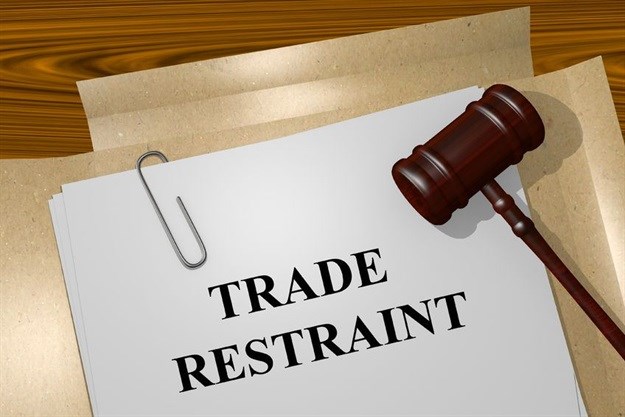As a rule, it is lawful for parties to enter into very limited restraints of trade or non-competition arrangements, when it is necessary to protect the goodwill of a business being sold, provided the restraint clause is reasonably limited in terms of duration, product scope and geographic market.
Typically, a new purchaser of a business would seek comfort in knowing that the seller will not compete with it for a limited period of time, protecting the value of the business being sold and often allowing the purchaser to establish itself as a new entrant in a market, thereby encouraging competition should the seller re-enter the market after the restraint has come to an end.
Restraints not meeting these requirements have been termed ‘naked market division’ arrangements, which are prohibited in terms of the Competition Act.
Competition authorities acknowledge that restraints of trade are a necessary feature in commercial transactions and their flexible approach towards these types of restraints was illustrated in the matter between RCS Cards and The Consumer Finance Business of the JD Group Limited at the Competition Tribunal.
RCS, a provider of unsecured credit, sought to acquire the consumer finance business of JD Group, a provider of secured and unsecured credit. Although the transaction did not include an acquisition of the JD Group insurance business, the sale of business agreement contained a restraint of trade clause, restricting the JD Group from offering credit life insurance to customers, in competition with RCS, for a period of three years after the date of the merger.
The Competition Tribunal (Tribunal) considered the following factors in determining whether the restraint was reasonable:
- the rationale for including a restraint of trade;
- whether the transaction could be concluded without the restraint;
- the duration of the restraint;
- the ambit of the restraint;
- whether the restraint was an attempt to preserve a cartel; and
- whether competitors were entering into the restraint.
According to the merging parties, the rationale for the restraint was that in instances where unsecured credit is granted, a credit provider might require a customer to take out credit life insurance in order to protect the underlying debt. Although the provision of credit life insurance was considered ancillary to the consumer finance business, it constituted a meaningful sales opportunity for RCS.
The Tribunal considered the Commission’s assessment of the restraint and concluded that the restraint was reasonable and justifiable. By implication, it agreed that the restraint was necessary to protect the investment that RCS had made through the purchase of the consumer finance division of JD Group.
Restraints serving a legitimate commercial purpose, and underpinned by sound commercial reasoning will pass competition law muster. If there is any doubt about whether a restraint clause is potentially anti-competitive, parties should check these with their competition law advisors.































